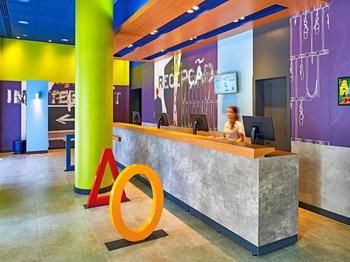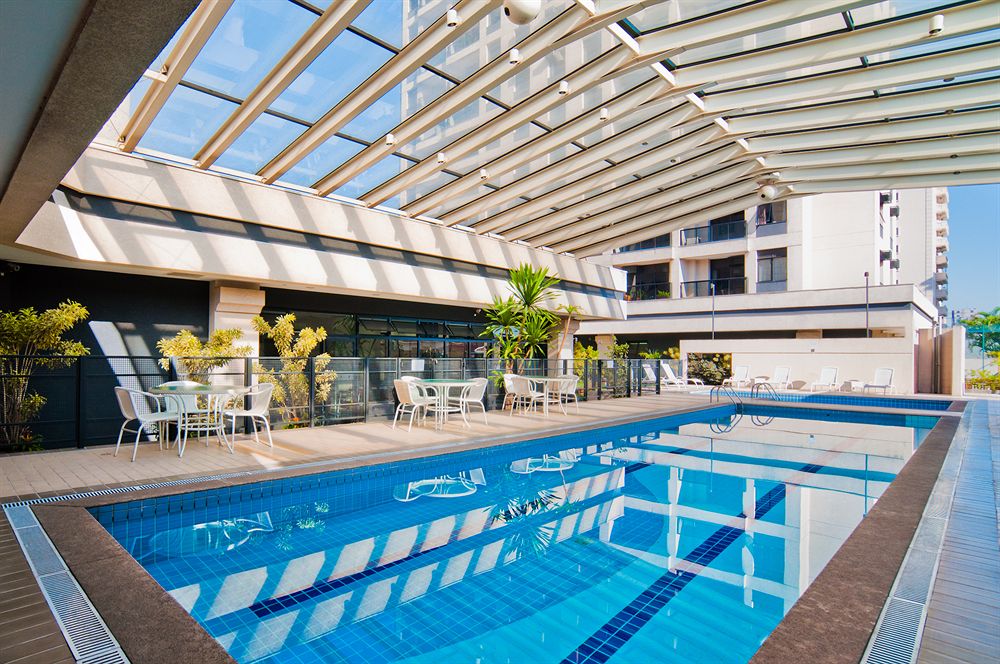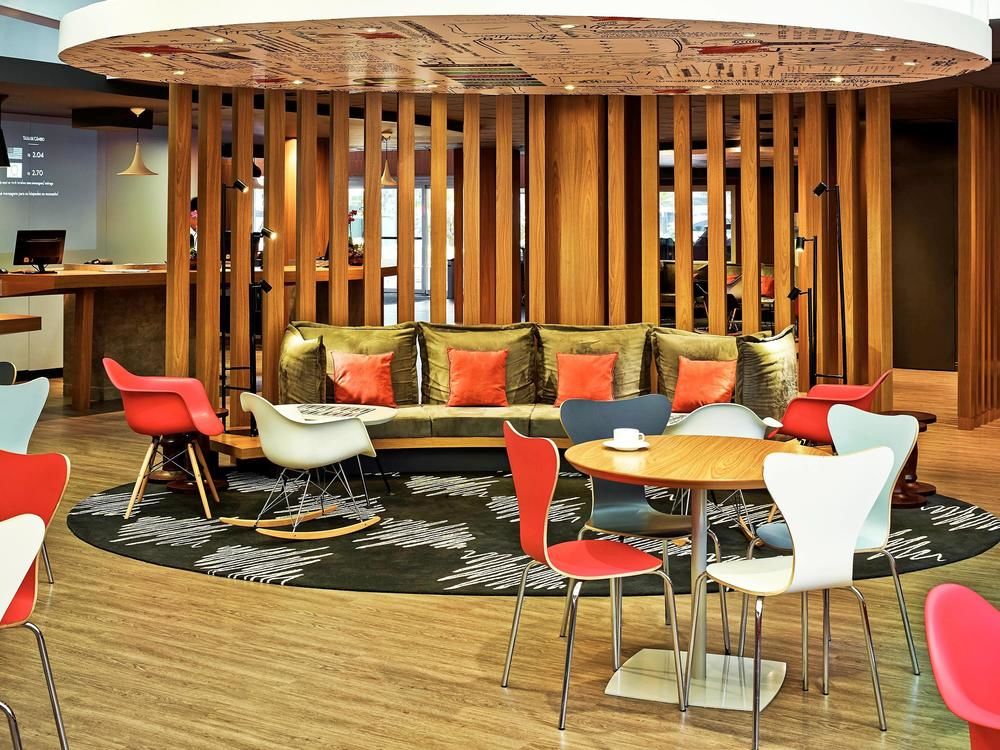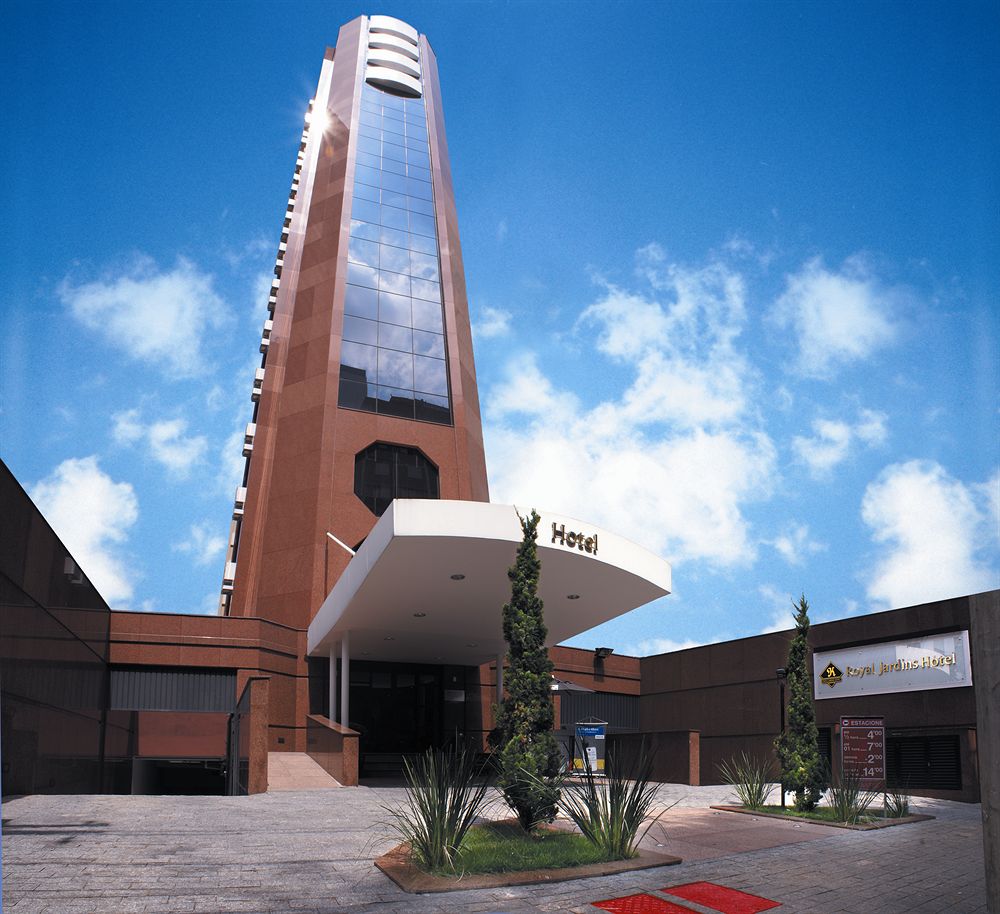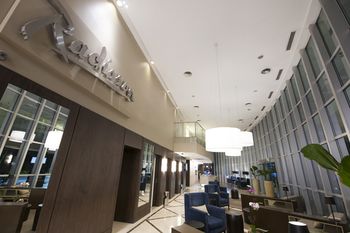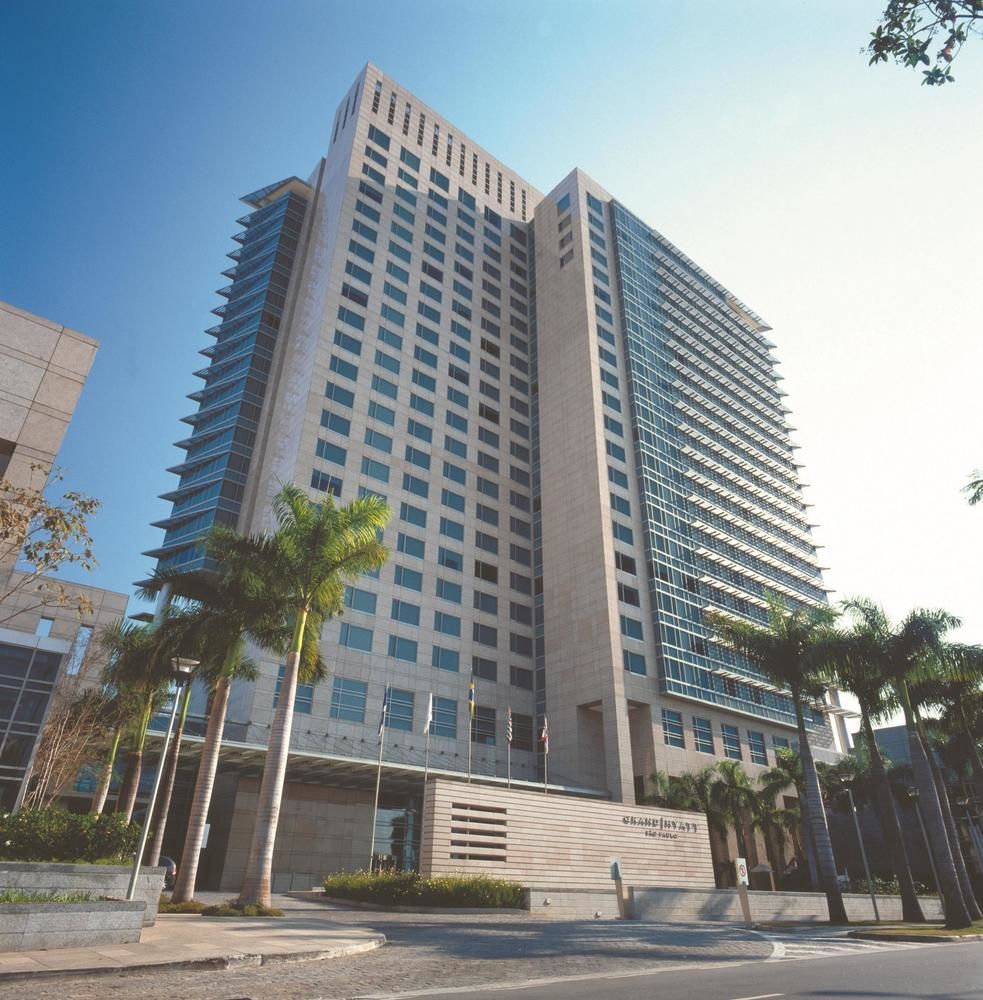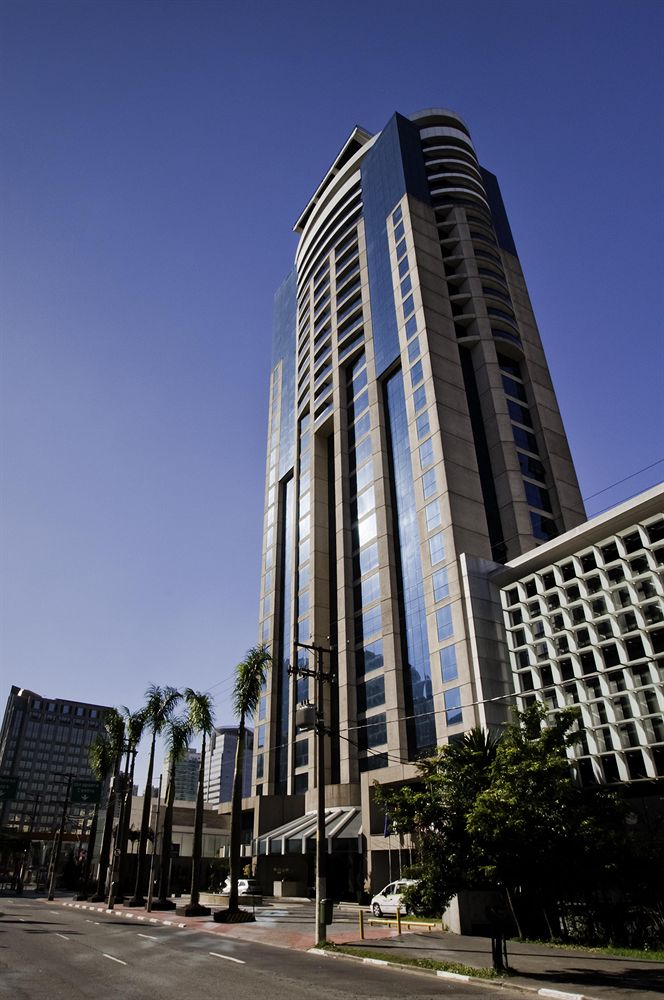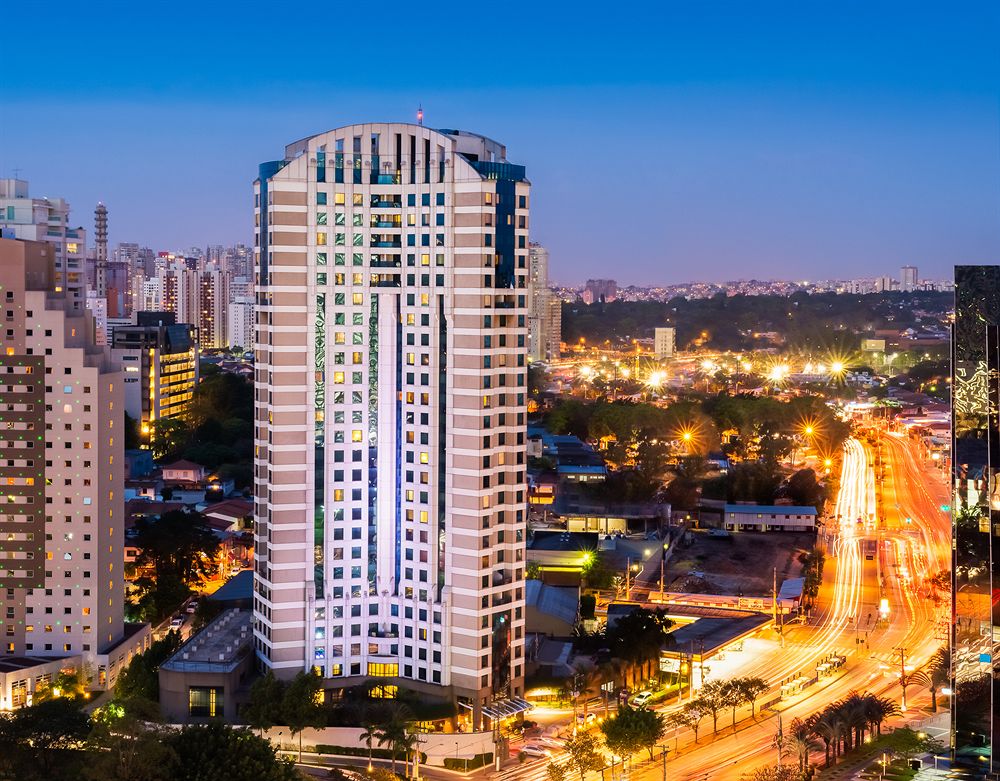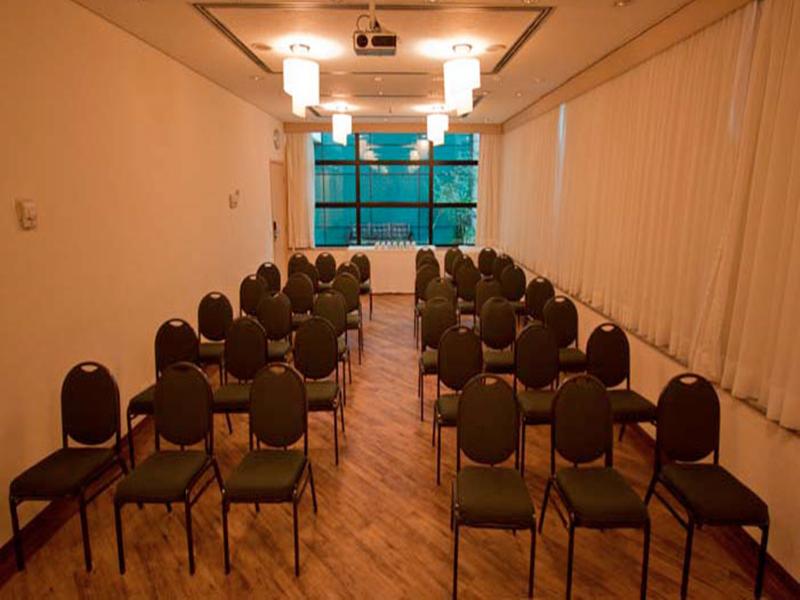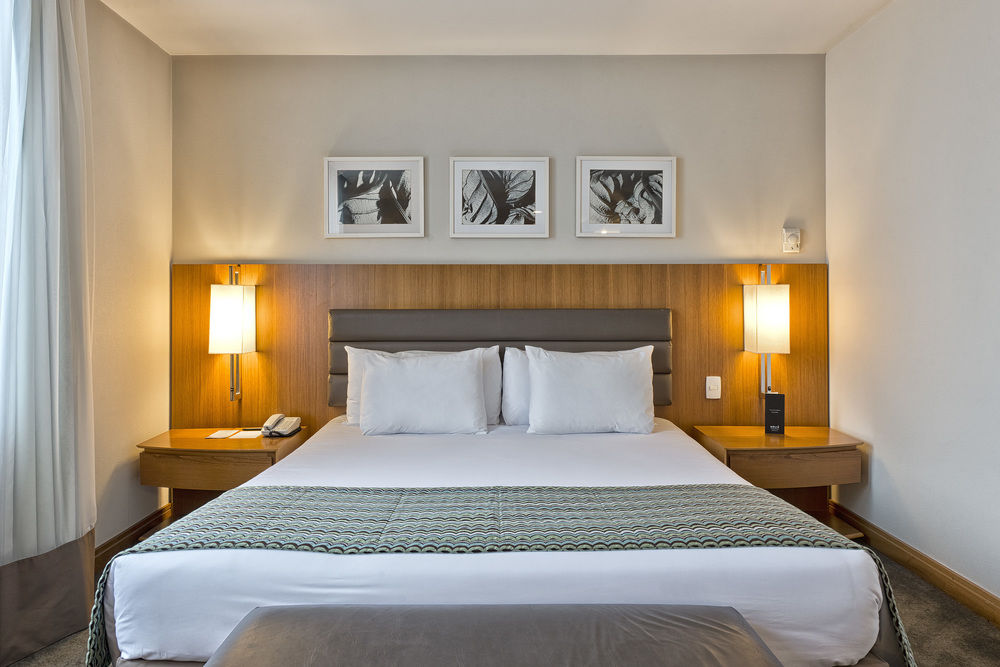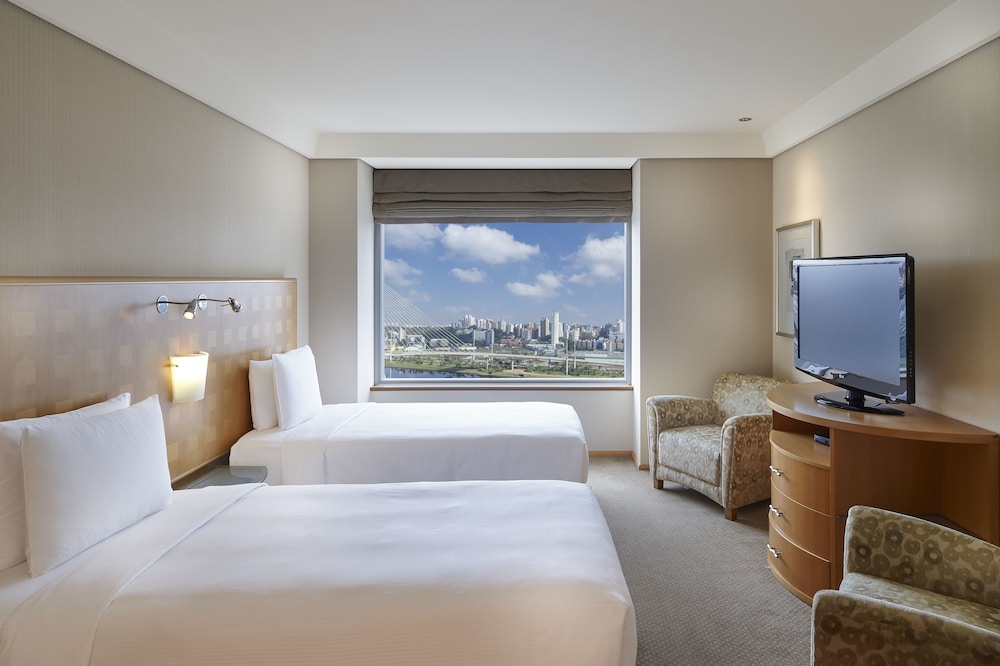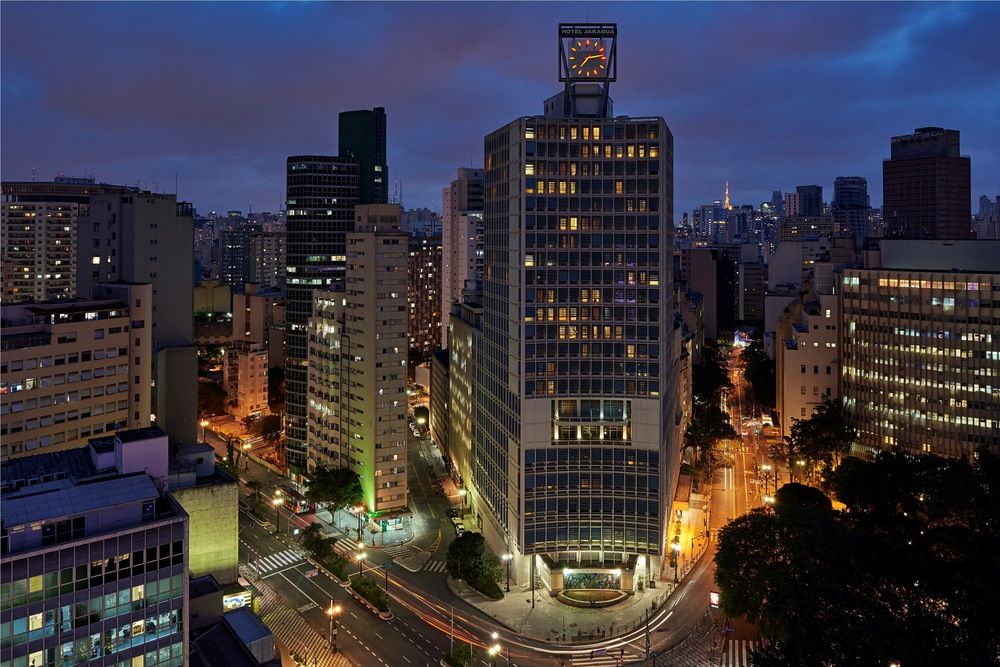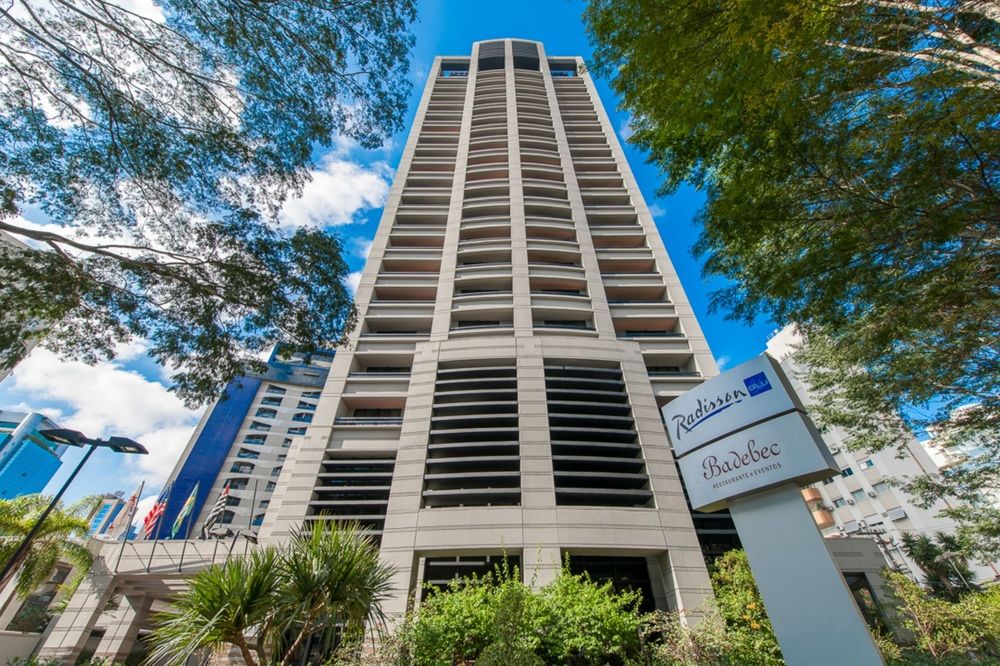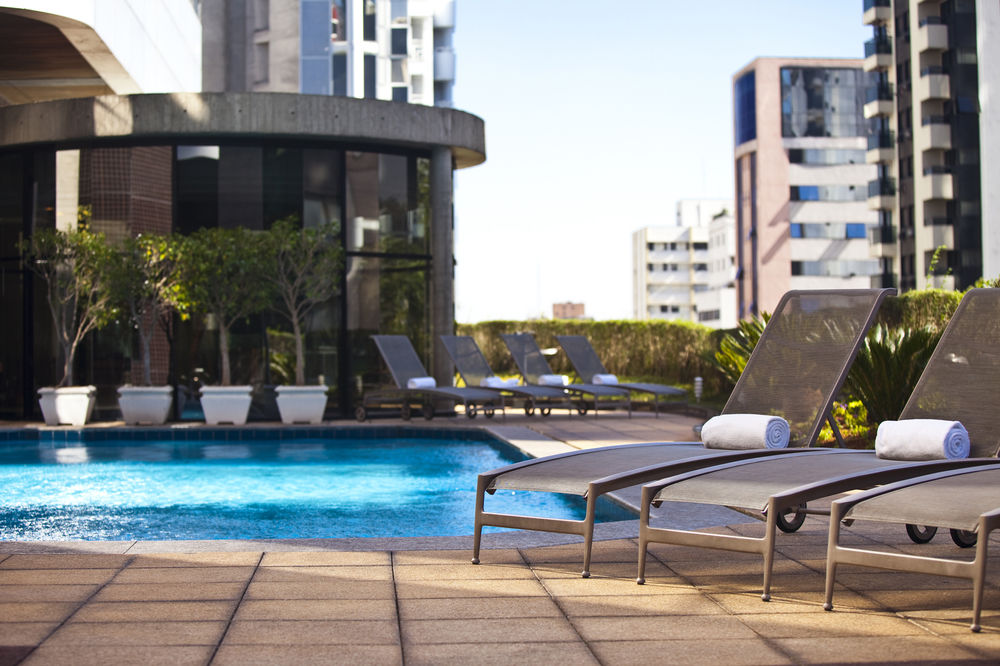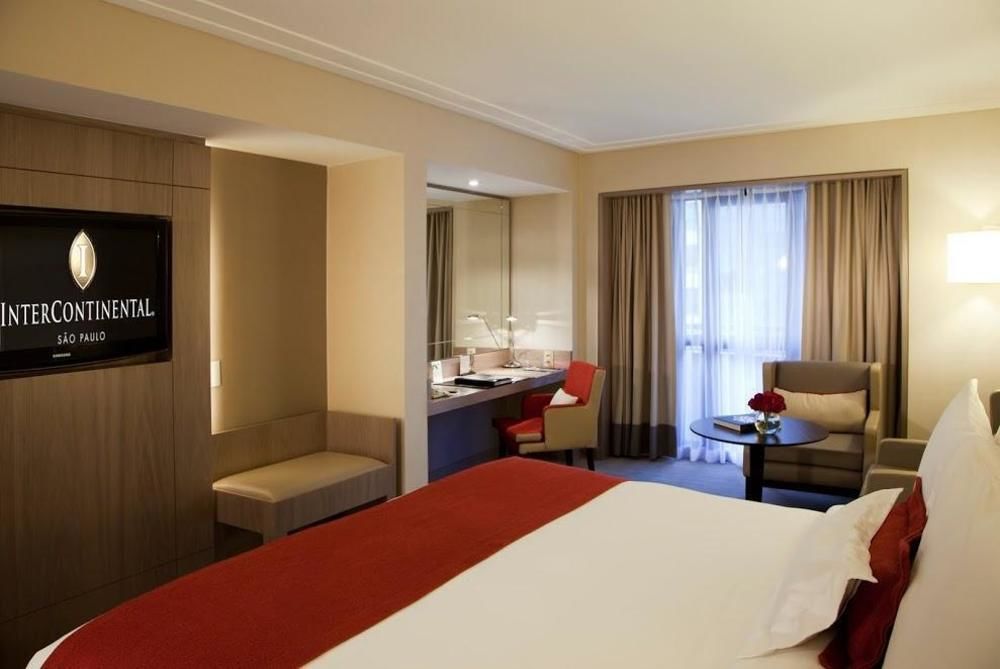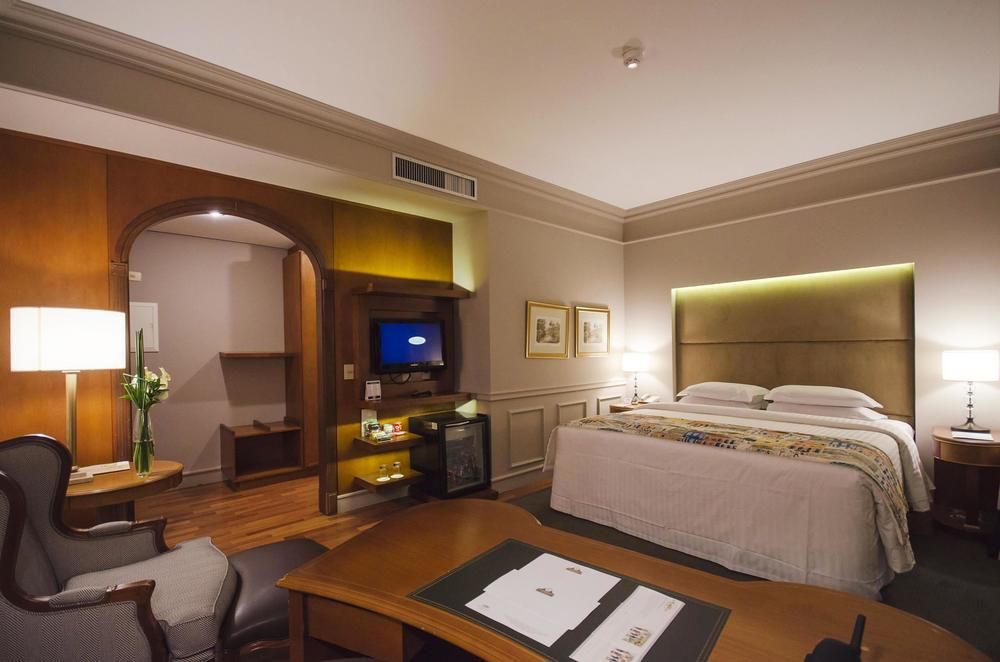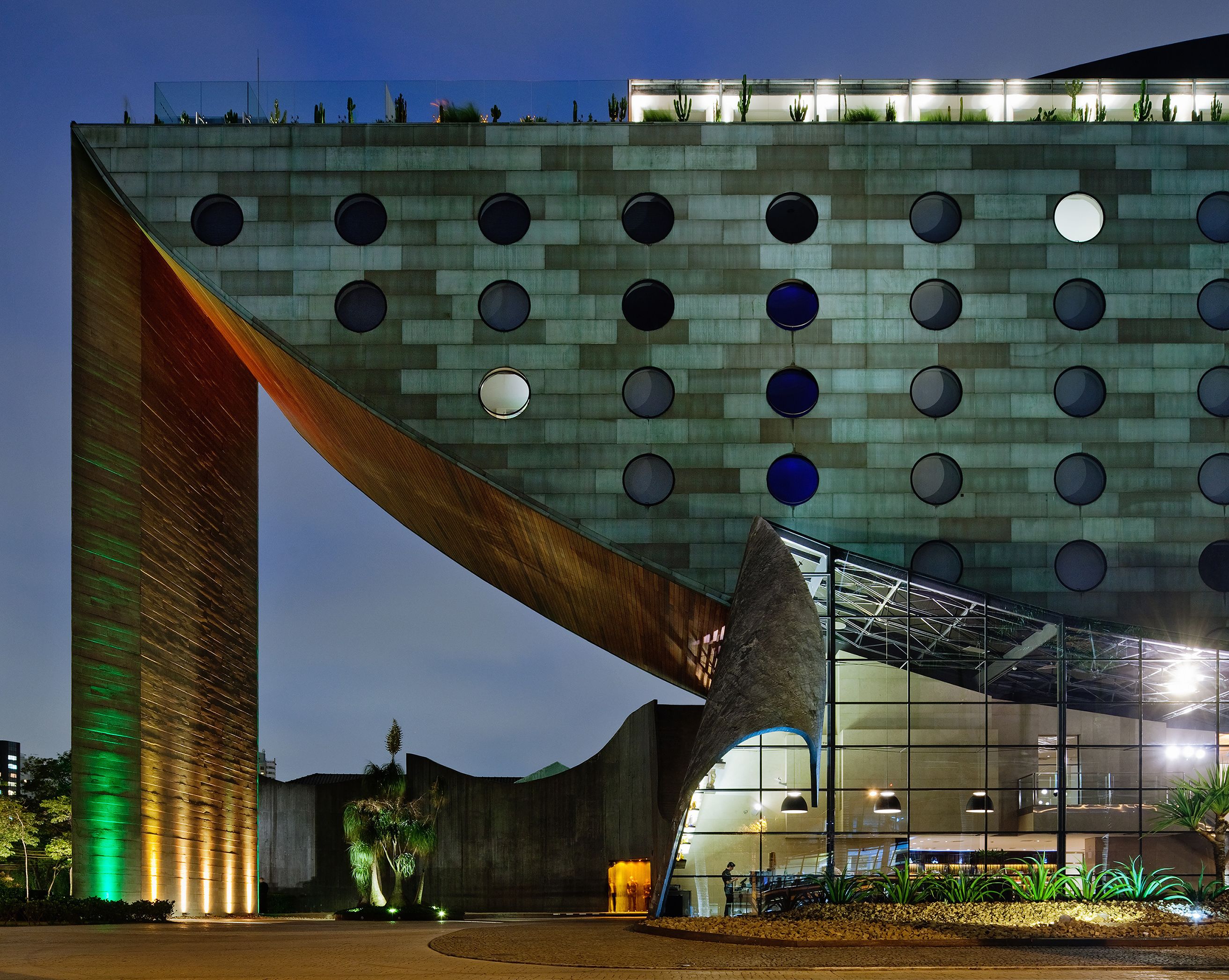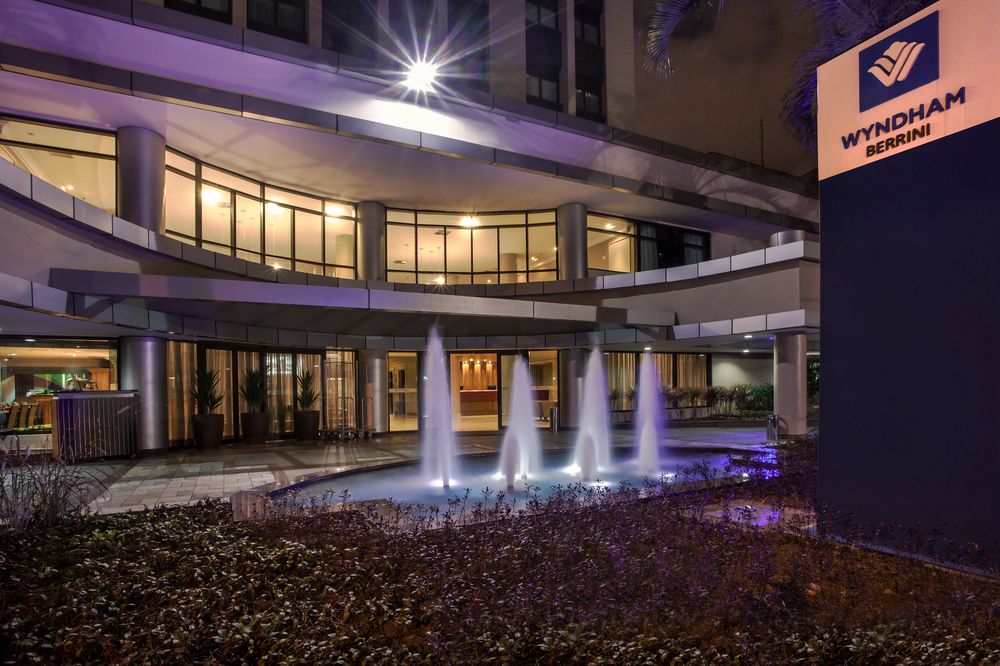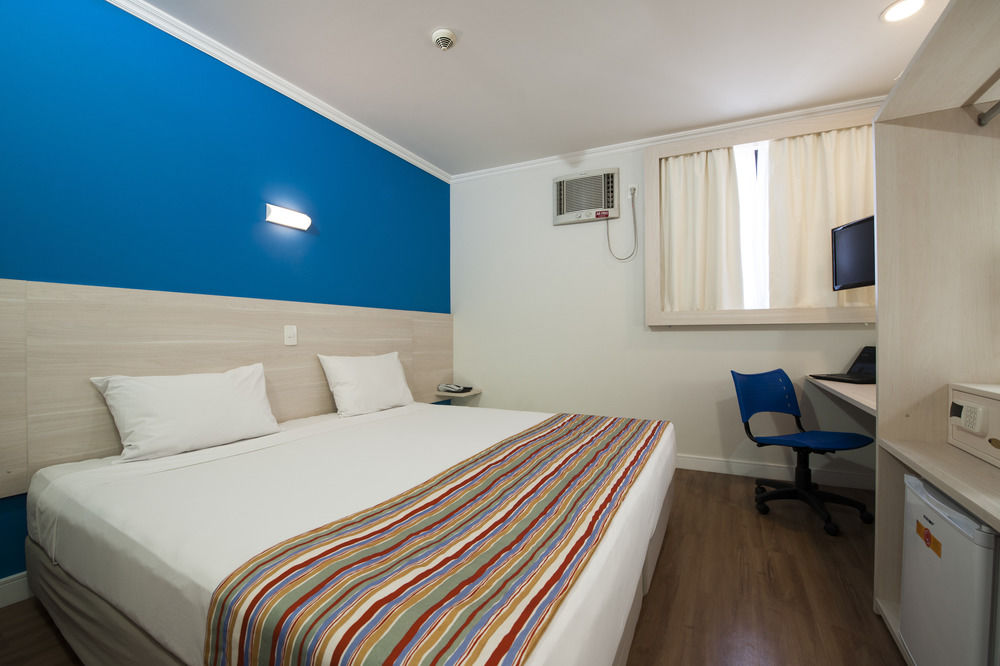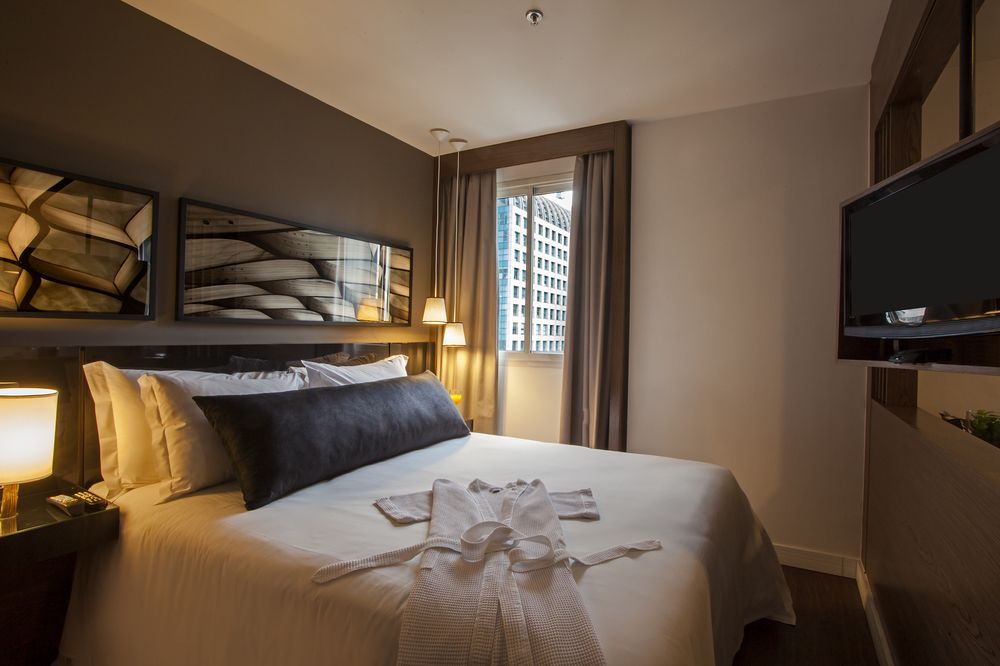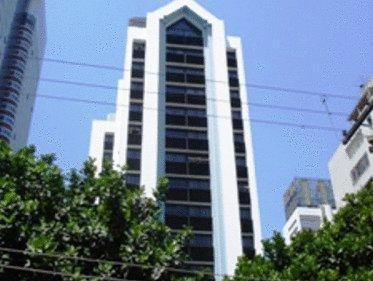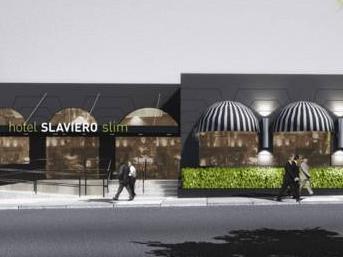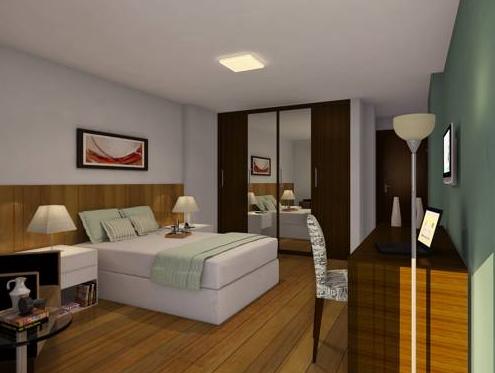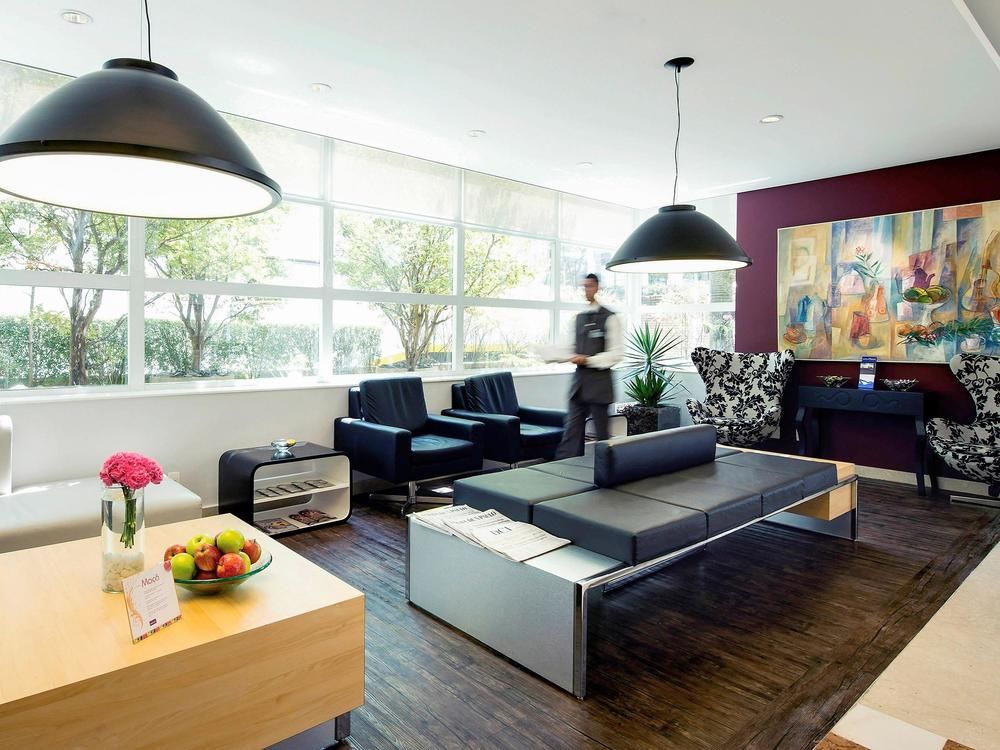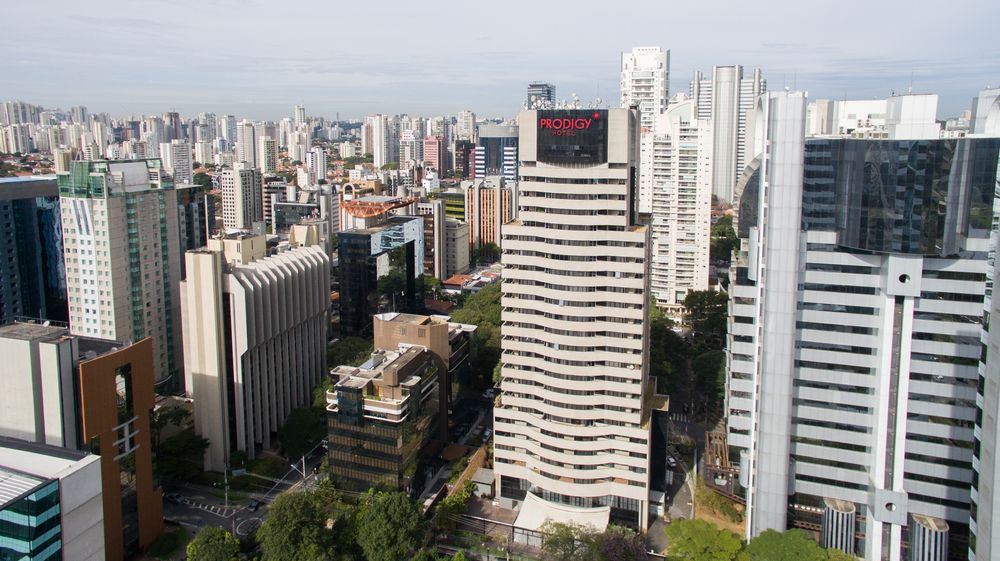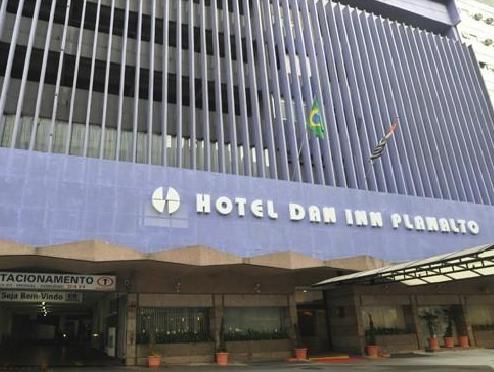Find hotels in Sao Paulo
Lowest prices detected by AI for hotels
Best
Cheapest
Star Ratings
AI Recommended
Best Hotels In Sao Paulo
Cheapest Hotel Deals in Sao Paulo
Top Rated Hotels
5 Star Hotels in Sao Paulo
4 Star Hotels in Sao Paulo
3 Star Hotels in Sao Paulo
AI-recommended Destinations
Where to stay in Sao Paulo
More About Sao Paulo
“The enter of the Brazilian economy”
São Paulo (; Portuguese pronunciation: [sɐ̃w̃ ˈpawlu] ( listen)) is a municipality in the Southeast Region of Brazil. The metropolis is an alpha global city (as listed by the GaWC) and the most populous city in Brazil, the Western Hemisphere and the Southern Hemisphere, besides being the largest Portuguese-speaking city in the world. The municipality is also the Earth's 11th largest city proper by population. The city is the capital of the surrounding state of São Paulo, one of the most populous and wealthiest states in Brazil. It exerts strong international influences in commerce, finance, arts and entertainment. The name of the city honors the Apostle, Saint Paul of Tarsus. The city's metropolitan area, the Greater São Paulo, ranks as the most populous in Brazil and the 12th most populous on Earth. The process of conurbation between the metropolitan areas located around the Greater São Paulo (Campinas, Santos, Sorocaba and the Paraíba Valley) created the São Paulo Macrometropolis, a megalopolis with more than 30 million inhabitants, one of the most populous urban agglomerations in the world.Having the largest economy by GDP in Latin America and the Southern Hemisphere, the city is home to the São Paulo Stock Exchange. Paulista Avenue is the economic core of São Paulo. The city has the 11th largest GDP in the world, representing alone 10.7% of all Brazilian GDP and 36% of the production of goods and services in the state of São Paulo, being home to 63% of established multinationals in Brazil, and has been responsible for 28% of the national scientific production in 2005. With a GDP of US$477 billion, the São Paulo city alone would have ranked 26th globally compared with countries by 2017 estimates.The metropolis is also home to several of the tallest skyscraper buildings in Brazil, including the Mirante do Vale, Edifício Itália, Banespa, North Tower and many others. The city has cultural, economic and political influence both nationally and internationally. It is
 Time UTC-03
Time UTC-03 Currency BRL
Currency BRL Languages Portuguese, Spanish, English, French
Languages Portuguese, Spanish, English, FrenchWhat’s Special about Staypia?
Compare hotel prices in real-time
AI finds you the lowest price for hotels in Sao Paulo.
Lowest price for 3.16M hotels worldwide
Book with up to 31% extra discounts only for Staypia members.
Travel bucket list for Sao Paulo
Plan your trip with over 17K 'must see' recommendations for Sao Paulo
Frequently Asked Questions
The best hotels in Sao Paulo are Maksoud Plaza Distributed by Accorhotels, ibis Budget Sao Paulo Paulista, Nobile Suites Congonhas.
The best 5 star hotels in Sao Paulo are Maksoud Plaza Distributed by Accorhotels, Grand Hyatt Sao Paulo, Hilton Sao Paulo Morumbi. Search for the most highly rated hotels in Sao Paulo
The most highly rated hotels in Sao Paulo are Maksoud Plaza Distributed by Accorhotels, ibis Sao Paulo Congonhas, Royal Jardins Boutique Hotel.
Generally, room reservations are subject to a free refund until the cancellation deadline. Fees may apply after the cancellation deadline, so please check the cancellation deadline on your hotel voucher or in Menu > My Reservation.
If you’re a frequent traveler, Staypia is the best place to get the best hotel deals. You can book hotels with the lowest price of 3.16 million hotels collected by AI, and receive additional discounts for members only.
